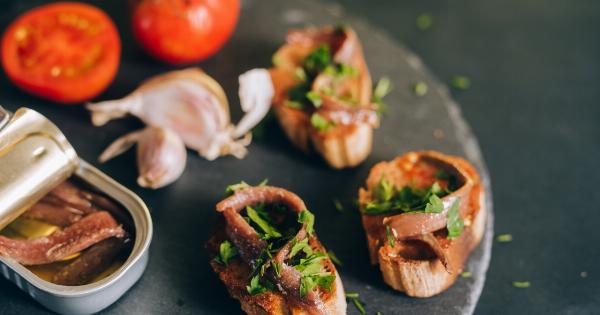During pregnancy, it’s essential to pay attention to what you eat as it directly affects the health and development of your baby.
While many foods are safe and nutritious during this time, there are certain foods that should be avoided due to potential risks they pose to both the mother and child. This article provides a comprehensive list of foods that should be avoided during pregnancy to ensure a healthy and safe journey for both you and your baby.
1. Raw or undercooked fish and seafood
Eating raw or undercooked fish and seafood can expose you to harmful bacteria, parasites, and viruses like shrimps, clams, oysters, sushi, sashimi, ceviche, and smoked fish.
These may cause food poisoning, which can be particularly dangerous during pregnancy and may lead to severe complications.
2. Raw or undercooked eggs
Raw or undercooked eggs can contain Salmonella, a bacteria that can cause food poisoning. Avoid dishes like runny eggs, homemade mayo, raw cookie dough, and cake batter. Ensure eggs are fully cooked until both the yolk and whites are firm.
3. Deli meats and processed meats
Deli meats, such as ham, turkey, and salami, and processed meats like hot dogs and sausages, may be contaminated with Listeria. Listeria infection during pregnancy can lead to miscarriage, stillbirth, preterm labor, or severe illnesses in newborns.
It is advisable to heat these meats until steaming hot before consumption.
4. Soft and unpasteurized cheeses
Soft cheeses like feta, Brie, Camembert, blue cheese, queso blanco, and queso fresco can contain harmful bacteria like Listeria and may lead to infections.
To ensure safety, opt for pasteurized versions of these cheeses to eliminate any risk of contamination.
5. Raw or sprouted vegetables
Raw or sprouted vegetables, including sprouts like alfalfa, mung bean, clover, and radish sprouts may carry harmful bacteria like E. coli and Salmonella. These bacteria can be challenging to wash off thoroughly.
It’s advisable to cook these vegetables to reduce the risk of infections.
6. Unpasteurized milk, juice, and cider
Unpasteurized dairy products and juices can carry harmful bacteria like Listeria, Salmonella, and E. coli. These bacteria can pose significant risks to both you and your baby and may cause food poisoning or infections.
Choose pasteurized versions to ensure safety.
7. Raw or undercooked meat and poultry
Raw or undercooked meat and poultry can contain bacteria like Toxoplasma, E. coli, Salmonella, and Campylobacter. These bacteria can lead to severe illnesses and cause harm to the developing baby.
Cook all meat and poultry to the proper internal temperature to eliminate any risk of infection.
8. Excessive caffeine
While moderate caffeine consumption is generally considered safe during pregnancy, excessive intake can be harmful. High caffeine intake has been linked to an increased risk of miscarriage and low birth weight.
Limit your daily caffeine intake to 200mg or less, roughly one 12-ounce cup of coffee.
9. Alcohol
Alcohol consumption during pregnancy has been associated with various birth defects, developmental issues, and lifelong cognitive impairments. Completely avoid alcohol in any form throughout pregnancy to ensure the health and well-being of your baby.
10. Artificial sweeteners
Some artificial sweeteners like saccharin, cyclamate, and aspartame may pose risks during pregnancy. While more research is needed, it is wise to limit your consumption or avoid them altogether.
Opt for natural sweeteners like honey or maple syrup instead.
Conclusion
During pregnancy, it’s crucial to be aware of the foods that should be avoided to prevent foodborne illnesses, infections, and potential harm to the developing baby.
By staying away from raw or undercooked foods, unpasteurized products, deli meats, soft cheeses, excessive caffeine, alcohol, and artificial sweeteners, you can create a safe and healthy environment for your baby’s growth. Always consult your healthcare provider for specific dietary recommendations and guidelines tailored to your individual needs during pregnancy.
























